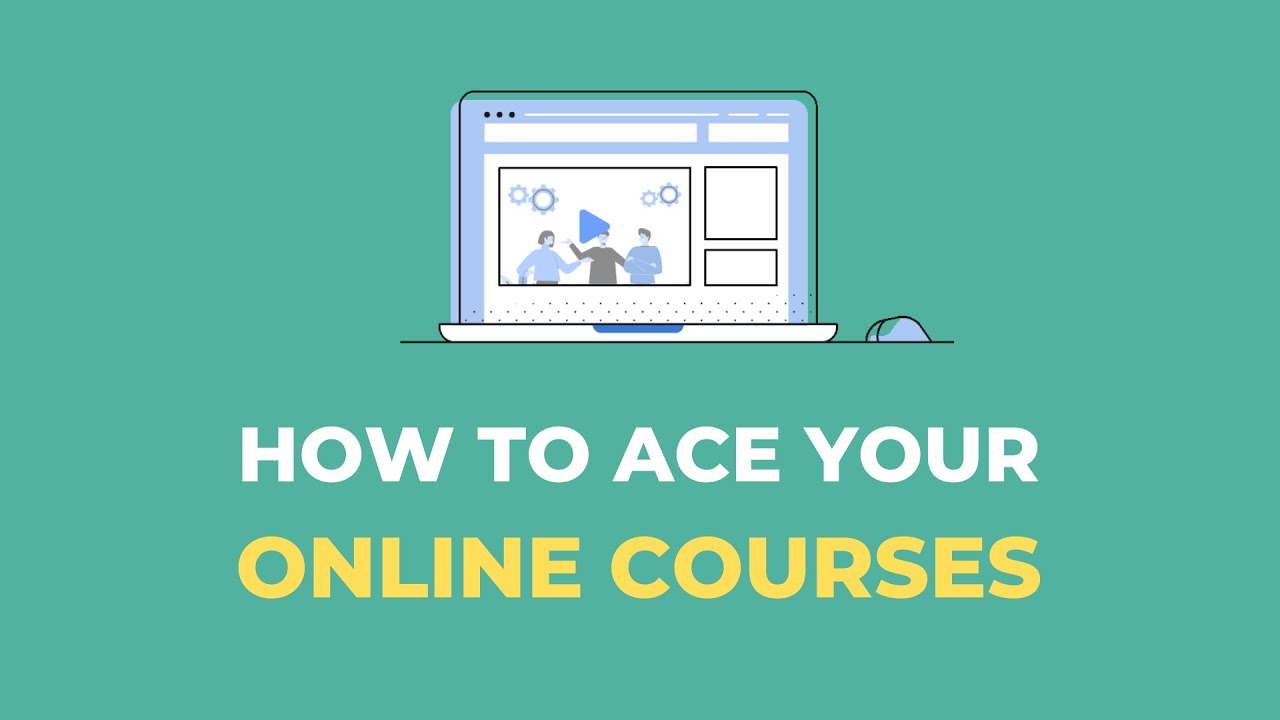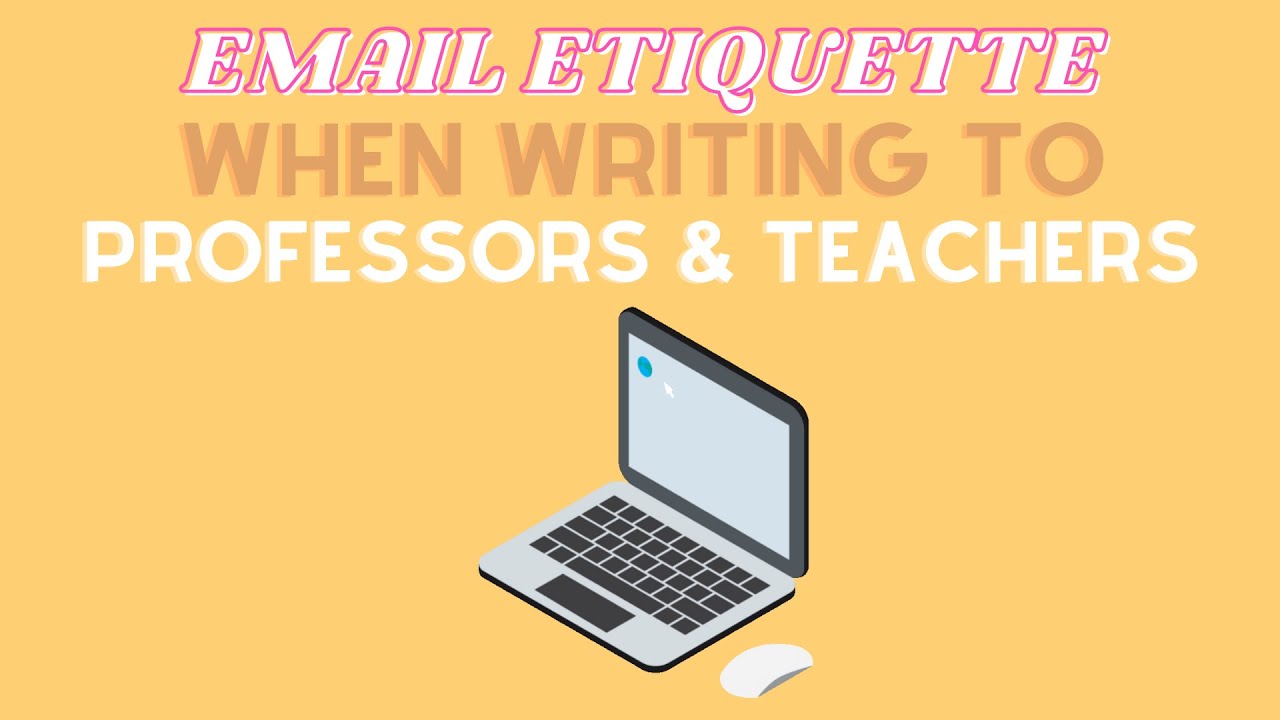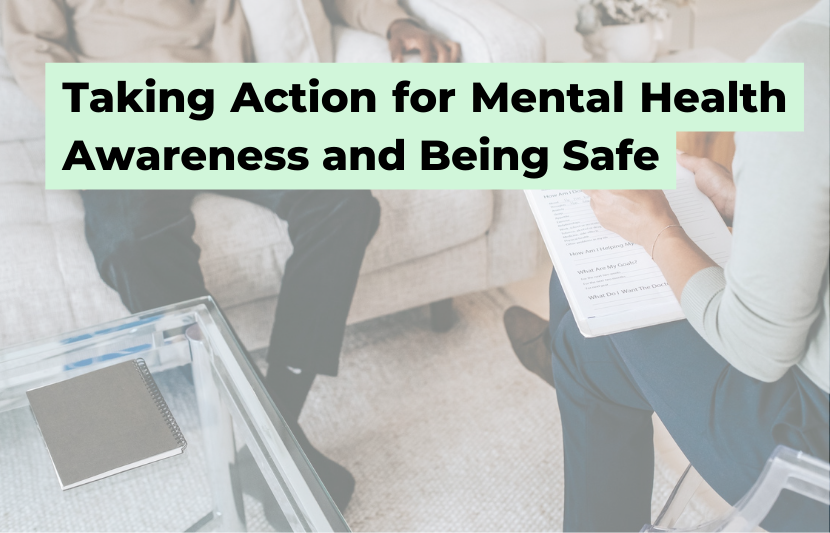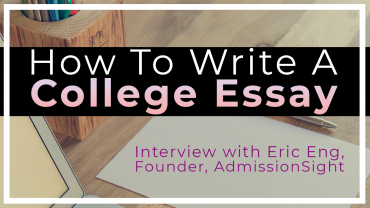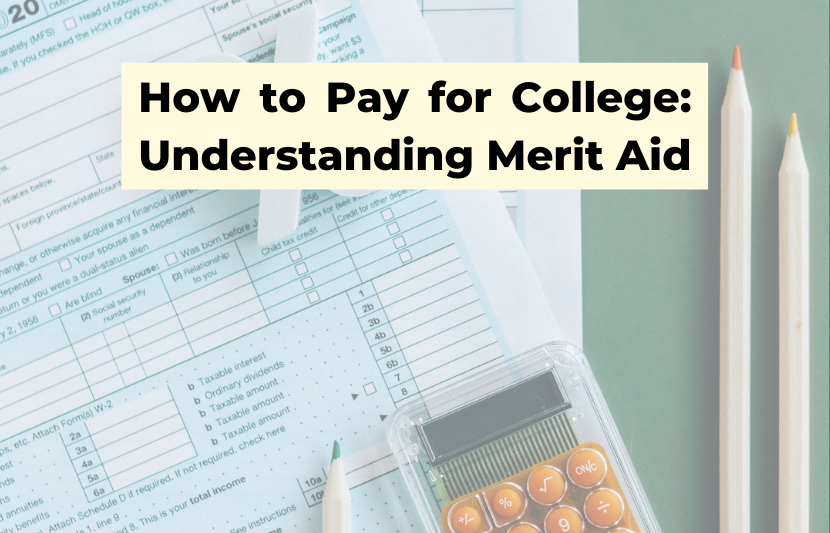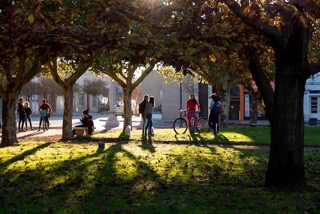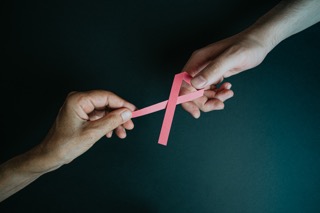In this episode of TUN TV, Dr. Crystal Rose interviews April Paris-Joseph, CEO of Paris Educational Solutions, to debunk the top five myths about students’ personal statements for college applications.
Dr. Crystal Rose: Welcome to The University Network TV, where we scan the globe to give students, their families and educators the very best tips for student success. I’m your host today, Dr. Crystal Rose. And in this college-bound series, we have advice for high school seniors entitled, “Debunking the Top Five Myths About Your Personal Statement for College Applications.”
If you are a high school senior applying to college, this is for you.
We all know that the essays are one of the most difficult parts of the college admissions process, so anything that can bring clarity to make this a bit more straightforward is welcome. We’re reviewing this with April Paris-Joseph, CEO of Paris Educational Solutions.
Welcome, April. Thank you for joining to help us debunk these myths around the personal statement, using the acronym “Be You” to help guide us.
We’ll first explore the myths, and then we’ll debunk them using this acronym.
What is the first myth about writing the personal statement?
April Paris-Joseph: The first and the biggest myth is that you have to portray yourself in a particular way.
So, there’s this idea that the admissions office has already decided who they want you to be and you’re trying to shove yourself into that box, but it’s not true.
They’re looking to fill a whole campus with a variety of different people. So, just be who you are, represent yourself honestly and tell your true story. Because this is where they meet you as a human being; it’s in this asset.
Dr. Crystal Rose: So, it’s not about trying to be someone you’re not.
What does the “B” stand for when we’re debunking this myth?
April Paris-Joseph: Be yourself. Be who you are.
There’s so many members on the basketball team. There’s only one student government president on a college campus. And the college isn’t going to accept every single valedictorian from across the country. They want a variety of people. They want to fill out all the different clubs and activities.
So, who you are is valuable to the campus. And just own that and really understand it.
Dr. Crystal Rose: Great. If you’re funny, you want to be funny. If you’re dry and sarcastic, it’s okay to do that. Make sure that the essay reflects who you are as a person and not someone else. I’ve also heard that if someone who knew you would read it, they would recognize you from the way the essay is written, so you really want to be true to yourself.
Next up, what is that second myth about writing the personal statement?
April Paris-Joseph: The second myth is that you have to write about what the college wants you to write about.
So, we’re using “E” for evaluation. And I really want you to think about the essay as an interview.
At a lot of these large state schools, and even at some of the bigger private schools, you’re not going to have an interview at all.
And, oftentimes, an interview isn’t even with the admissions office. It’s with an alumni or someone else affiliated with the university that’s willing to do this work.
So, the essay becomes the opportunity to show who you are as a human being, to make that personal connection and to talk about what’s not elsewhere in the application.
So, again, so many of these myths are going to come back to the same thing of being who you really are and letting that shine through.
Dr. Crystal Rose: So, it’s not about trying to write about a subject that you think a school wants to hear.
What does the “E” stand for when debunking this myth?
April Paris-Joseph: This is evaluation and how are you being evaluated?
And then, remember again, this isn’t where you tell them about your grades. This isn’t where you tell them about your awards and your activities. You already did that in the application. That comes somewhere else. Whether you’re using the Common App or the Coalition App, there are sections to give them that information.
This is something else about you.
Dr. Crystal Rose: That is a really good point because during the college admissions process, it is normal to feel overwhelmed. There aren’t many things that you can control, but the essay is one of the elements in this process that you can control.
What is the third myth that we’re debunking about writing the personal statement?
April Paris-Joseph: Don’t show off your SAT vocabulary.
So, here’s the deal. I tell my students that you want the essay to be informal but not casual.
So, this should sound like you’re speaking comfortably to an adult. Comfortably – not necessarily your favorite auntie, but that uncle, that friend of your parents, that teacher that you’re comfortable with and have a good relationship with. And when you’re talking to them, you aren’t reaching into your thesaurus or your dictionary to come up with new words and new terms.
No, it should read fluidly. You should be able to read your essay out loud, and it should sound like a conversation.
A good rule of thumb is, actually, if you had to use the thesaurus, you shouldn’t use it. If you didn’t know what the word meant before you started writing, you shouldn’t be using it.
Dr. Crystal Rose: So, it’s not about trying to replace your words with SAT words.
What does the “Y” stand for when debunking this myth?
April Paris-Joseph: The “Y” we used here is for youth.
And I say that one because there are always a few essays that I read and I think, “Man, you sound like not your father but my father. What year were you born in?”
And admissions officers know what 17-year-olds sound like. Be 17.
Dr. Crystal Rose: And, April, just for clarification, you’re not suggesting that students cannot be mature or take up a mature subject, but it’s really that the essay really should consistently reflect who you are and it’s okay to talk about something that is perhaps from a youthful perspective, and not to discount that.
April Paris-Joseph: Absolutely. Absolutely. And to underscore your point, I would say that some of our young people actually are more profound thinkers about tough topics than we sometimes want to be as adults.
So, no, this isn’t about the depth of the content, it’s about the form of expressing yourself.
Dr. Crystal Rose: What is the fourth myth we’re debunking regarding writing the personal essay for college applications?
April Paris-Joseph: So this is funny. The other way to look at it would be, we really gotta dig deeper.
So, students love to say, ” Oh, I’m going to talk about how I’m passionate about soccer.” Okay, that’s great. You’re passionate about soccer. Lots of people are passionate about soccer. Why? Why are you passionate about soccer?
And a lot of times they’re like, “Oh, it’s fun.” No. You live in a town where everybody’s playing American football, but you picked soccer. What’s that about?
Oh, your parents weren’t born in this country. Oh, you have this global perspective where you understand that soccer is actually football and everyone else in the world values it more highly than American football that’s super popular here. And then, maybe you even equate that to politics and you understand how it brings people together.
I don’t know, but dig down for that kind of detail and tell us about that, not just “I love soccer.”
Dr. Crystal Rose: Nice. It sounds like details do matter when writing the personal statement.
So, what does the “O” stand for when debunking this myth?
April Paris-Joseph: So, the “O” stands for open up.
Open up and really tell us about who you are. And I’m going to side this with a little bit of a caution, open up to the point that you’re comfortable.
You don’t have to write about the trauma that you aren’t healed from. You don’t have to pick the challenge in your life that is so vulnerable for you that you’re uncomfortable. You should feel comfortable.
The admissions offices haven’t earned your trust yet. But if it is something you’re comfortable writing about and it’s true to who you are, then yes, share that with them.
Dr. Crystal Rose: “O” for being open or optionally open. You want to take the opportunity to really be transparent about your thinking, not just staying on the surface.
April Paris-Joseph: This is one of my favorites. Someone else who got into the Ivy can edit my essay well; that person wrote a really good essay for themselves. Do they really understand what admissions offices are looking for? Do they understand what the point of the essay is? And can they really help you craft and create the story about yourself?
No, they’re good at their story. And it just often can not really go well, this idea that you got into the school and therefore you know how to get into the school isn’t really true.
And maybe you should be seeking help somewhere else.
Dr. Crystal Rose: My takeaway, it sounds like expertise is relative and can’t be generalized.
So, what does the “U” stand for when debunking this myth?
April Paris-Joseph: The “U” stands for understand, which is, understand what you are trying to do and who can really help you.
Dr. Crystal Rose: All of this is easier said than done.
Of course, if you’re a student writing your personal statement, you may need to take advantage of resources at your high school or in your community, or seek out professional college consultants or planners.
Thank you, April, for this excellent discussion and debunking these myths around personal statements.
April Paris-Joseph: Thank you.
Dr. Crystal Rose: And to our audience, thank you very much for joining us.
Hopefully, writing your personal statement will be that much clearer from the myths that we debunked around the personal statement for your college applications. And with the acronym “Be You,” you’ll be able to craft your best personal essay.
Here’s to your success. I’m your host, Dr. Crystal Rose. Until next time, on TUN TV.
This interview has been edited for clarity and brevity.
For more exclusive interviews with experts who share their insight to help students succeed, check TUN TV!

